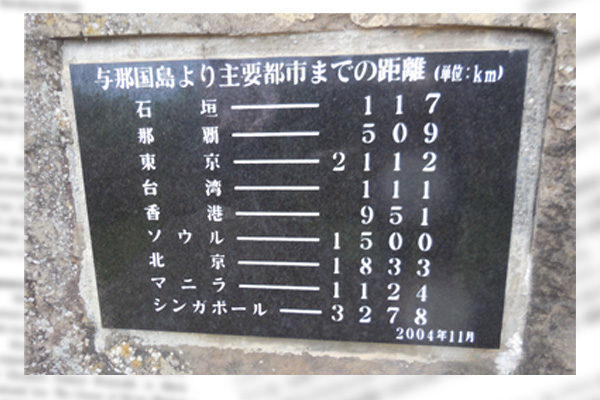U.S. House Speaker Nancy Pelosi’s visit to Taiwan led tensions to rapidly grow in the Taiwan Strait.
On July 28, Chinese President Xi Jinping in a call with U.S. President Joe Biden gave a strong warning over Pelosi’s planned visit to Taiwan, saying that the visit would bring about “serious consequences” and that “those who play with fire will perish by it.” Earlier, Biden told reporters of U.S. military’s concern over Pelosi’s potential visit, indicating cautiousness existed within the government. Beijing therefore might have believed that it could block the visit by stepping up intimidation. Eventually, however, it failed to block Pelosi’s August 2-3 visit to Taiwan.
Losing its face, China right after Pelosi’s arrival in Taiwan announced a plan to conduct live-fire drills at six locations surrounding Taiwan. On August 4, China fired 11 ballistic missiles, of which five reportedly landed in Japan’s exclusive economic zone (EEZ).
China unshaken by U.S. aircraft carrier
The United States for its part dispatched the nuclear-powered aircraft carrier Ronald Reagan and the amphibious assault ships Tripoli and America with F-35B sophisticated fighter aircraft aboard from the Seventh Fleet. Though securing the safety of Pelosi, the U.S. failed to deter China’s show of force named “important military drills,” exposing a clear difference from the 1996 Taiwan Strait crisis.
In 1996, China fired missiles into waters near Taiwan on the occasion of Taiwan’s first direct presidential election, warning against Taiwan’s democratization movement. In response, the U.S. sent two aircraft carriers Independence and Nimitz and their task forces to the vicinity of Taiwan. China then had no choice but to lay down its arms. In 1997, China failed to block then U.S. House Speaker Newt Gingrich’s visit to Taiwan. Learning lessons from the bitter experience, China began to build its own aircraft carriers.
This time, instead of laying down its arms, China not only fired missiles but also sent more than 100 fighter and bomber aircraft and more than 10 warships to the vicinity of Taiwan. It also detained Taiwanese citizens on the Chinese continent and restricted some food imports from Taiwan, enhancing its high-handedness.
Japan should accelerate defense buildup
Behind the turnaround from 1996 may be sharp growth in China’s power. Some U.S. government officials think China might try to unify Taiwan within 18 months.
In June, China launched its third aircraft carrier named Fujian. It is the first Chinese aircraft carrier to adopt an electromagnetic catapult for takeoff. If the carrier becomes fully operational, China will have a carrier task force that can rival a U.S. one. China’s invasion into Taiwan may grow more plausible.
A contingency in Taiwan would amount to a contingency in Japan. The U.S. Navy alone can no longer deter China. Japan should accelerate defense buildup. The Japanese government failed to convene the National Security Council even in the face of Chinese missiles’ landing in Japan’s EEZ. Such insensitivity might do irreparable damage to Japan’s national security. Not much time is left.
Kunio Orita is a member of the JINF Planning Committee and a special professor at Reitaku University. He is a retired Lieutenant General of the Japan Air Self-Defense Force.


